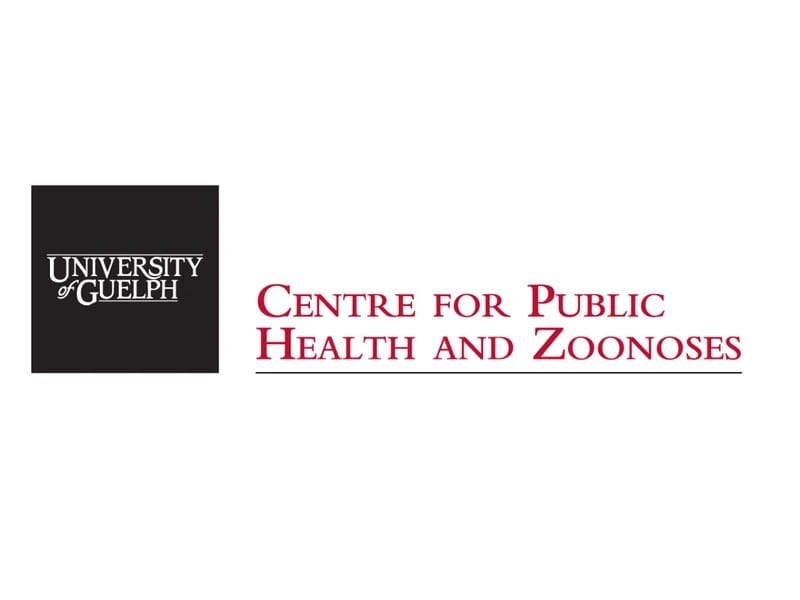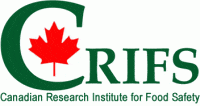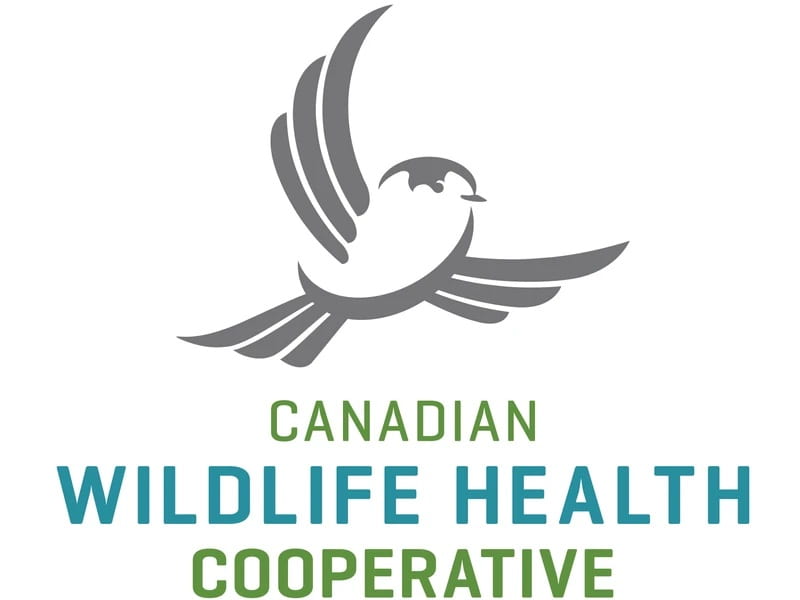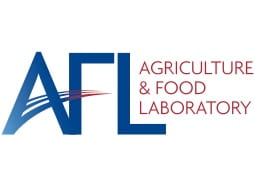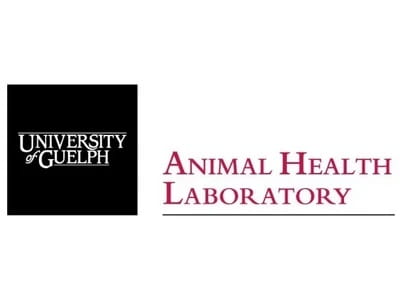Global Centre of Excellence in Biomonitoring, Biosurveillance and Biosecurity

Now more than ever, as the global community wrestles with the threats posed by infectious, foodborne and waterborne disease, Canada must innovate and expand its research, innovation and training capacity in support of health and food security.
The University of Guelph is a recognized leader in research excellence and innovation in support of the detection, surveillance, prevention, and management of microbial threats causing infectious disease (ID) and foodborne/waterborne disease (FWBD).
Leveraging an interdisciplinary One Health approach, we are working at the intersections of animal, human and ecosystem health to help find real-world solutions to real-world challenges.
The Global Centre of Excellence in Biomonitoring, Biosurveillance and Biosecurity (GCEB3) is a physical-virtual interdisciplinary research cluster at the University of Guelph, incorporating established and nascent research centres, infrastructure, and research programs supporting biomonitoring/biosecurity innovation and training. It integrates the regulatory and security science collaboration with the partner federal and provincial agencies.
Research Priorities
GCEB3 provides an unprecedented interdisciplinary platform, ideally positioning the incoming CERCs to lead teams that address research gaps of national importance. Depending on the expertise of the CERCs and emerging national priorities, each CERC will establish research programs that advance understanding and answer critical questions under one or more of the following national security priorities:
Emerging, Pandemic-Capable Diseases
The vast majority—around 75 per cent—of emerging and re-emerging human diseases are zoonotic, meaning they are directly transmissible from wildlife, livestock, or companion animals to humans. Importantly, environmental factors, including climate change play a significant role in emergence of these diseases. In the past fifty years, for example, Ebola has spilled over from animals to humans around 25 times. Other devastating examples include West Nile, Zika, influenza, and at least seven coronaviruses, including the recent SARS-CoV-2. The risk of emerging pandemic-capable diseases is exacerbated due to population growth and migration; political instability; human and animal incursions into new regions; economic development and increased demand for meat protein; climate change and environmental degradation; and the inherently changing nature of pathogens.
With 2.5 million cases and over 34,000 deaths so far in Canada, the SARS-CoV-2 pandemic demonstrates how even a single zoonotic pathogen can have devastating effects on a global scale. But beyond direct health implications and their impact on our healthcare systems, this pandemic has shone a light on the vulnerability of our economy and food systems when faced with emerging animal, foodborne, waterborne, and zoonotic diseases.
Economic and Food Security Impacts of Animal Infectious Disease
Emerging diseases may not only be debilitating or fatal to humans but can also cause catastrophic impacts for the livestock industry, resulting in massive economic and social disruption, threatening food security. The threat of African Swine Fever (ASF) requires urgent preparation. Pork is a critical component of international trade; an ASF outbreak across the entire Canadian value chain could lead to a cost of $50 billion. If highly pathogenic avian influenza viruses gain the ability to transmit from humans to humans, the ensuing pandemic would lead to global losses of trillions of dollars, according to the World Bank. Importantly, pandemic avian influenza viruses may be as transmissible as SARS-CoV-2, while they may have much higher case fatality rates, possibly around 30-50%.
Food and Waterborne Diseases
Food and water safety continue to challenge human health and economic development in much of the developing world and in many communities in Canada. Immediate attention should be paid to advancing biomonitoring and biosurveillance that will address our most critical emerging ID, food, and water safety issues in Canada and abroad.
Antimicrobial Resistance
Emergence of antimicrobial resistance (AMR) in microbes is a public health crisis and a threat to animal health. According to the World Health Organization (WHO), AMR is one of the main threats to global health, food security, and development. Globally, the number of deaths associated with bacteria resistant to antimicrobial agents is around 700,000 deaths per year and is expected to rise sharply in the future.
Our Strengths: Biomonitoring, Biosurveillance and Biosecurity
Meet the Experts

Dr. Katie Clow
One Health researcher focused on ecology and epidemiology of vectors and vector-borne zoonoses, with an emphasis on blacklegged tick and Lyme disease. Graduate Program Coordinator for the Collaborative Specialization in One Health and Assistant Professor in the Department of Population Medicine in OVC. Research interests: vector-borne zoonoses, disease ecology, surveillance, knowledge translation, EcoHealth, One Health.

Dr. Kari Dunfield
Canada Research Chair in Environmental Microbiology of Agro-ecosystems and Professor in the School of Environmental Sciences in OAC. Focused on using molecular biology techniques to assess how agricultural and environmental practices impact soil microbial communities, and microbially mediated soil processes, such as nitrogen cycling. One of Canada’s premier scientists working at the intersection of microbiology, ecology and soil science.

Dr. Jeff Farber
Food Scientist focused on microbial food safety centering on mycotoxins, Listeria monocytogenes and Cronobacter sakazakii. Retired Professor in the Department of Food Science in OAC, former Director of Canadian Research Institute for Food Safety (CRIFS), and former head of Master’s program in Food Safety and Quality Assurance. Previously the Director of microbial food safety at Health Canada and played a large dole in developing many of the food safety policies currently in place today.

Dr. Susan Glasauer
Associate Professor in the School of Environmental Sciences in OAC. Focused on the development of practical applications for bioremediation in bacterial-metal interactions and contributing to basic research aimed at understanding the role of microorganisms in shaping Earth to its present form.

Dr. Lawrence Goodridge
Holds the Leung Family Professorship in Food Safety in the Department of Food Science in OAC, and Director of Canadian Research Institute of Food Safety (CRIFS). Leading the SARS-CoV-2 Wastewater Surveillance detection program. Interdisciplinary research focus on the use of genomics and bacteriophages to control the growth of foodborne pathogens, and developing rapid tests to detect foodborne and waterborne pathogens with an emphasis on Escherichia coli O157:H7, Salmonella spp, and Listeria monocytogenes, foodborne viruses, and foodborne toxins.

Dr. Jackie Goordial
Assistant Professor in the School of Environmental Sciences in OAC. Leading the SARS-CoV-2 Wastewater Surveillance detection program. Investigating how communities of microorganisms interact to maintain diversity and mediate biogeochemical cycling in the environment with a focus on extreme environments and those that are undergoing rapid change – such as permafrost soils.

Dr. Lauren Grant
One Health epidemiologist and Assistant Professor in the Department of Population Medicine in OVC. Investigates social and environmental determinants of One Health in animal and human populations using quantitative and qualitative approaches. Completed a post-doctoral fellowship at the Dalla Lana School of Public Health at the University of Toronto. Research interests: social and environmental determinants of population health, health inequities.

Dr. Amy Greer
Infectious disease modeler, Tier 2 Canada Research Chair, and Associate Professor in OVC’s Department of Population Medicine. Appointed as an Associate Professor in the Division of Epidemiology at the Dalla Lana School of Public Health, University of Toronto. Was the technical expert to the Public Health Agency of Canada during the 2009 H1N1 influenza pandemic. Serves on the Canadian Pandemic Influenza Plan and uses modeling tools with extensive data inputs to inform the public health decision-making process. Research interests include: infectious disease, disease modeling, evidence-based policy decisions, COVID-19 spread, H1N1 influenza.
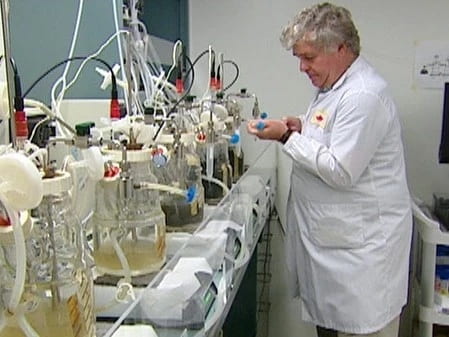
Dr. Mansel Griffiths
Founding Director, Canadian Research Institute for Food Safety and the Food Safety & Quality Assurance graduate program in the Department of Food Science in OAC. Focused on food borne microorganisms detection, bioluminescence, bacteriophage, microbial physiology, and microbial food ecology.

Dr. Marc Habash
Associate Professor in the School of Environmental Sciences in OAC. Leading the SARS-CoV-2 Wastewater Surveillance detection program. Focused on examining the molecular and culture-based detection of human pathogens (bacterial and viral) and indicator microorganisms from specific environmental niches in natural and man-made environment. Employing novel mass-spectrometry-based techniques and microbial source tracking studies.
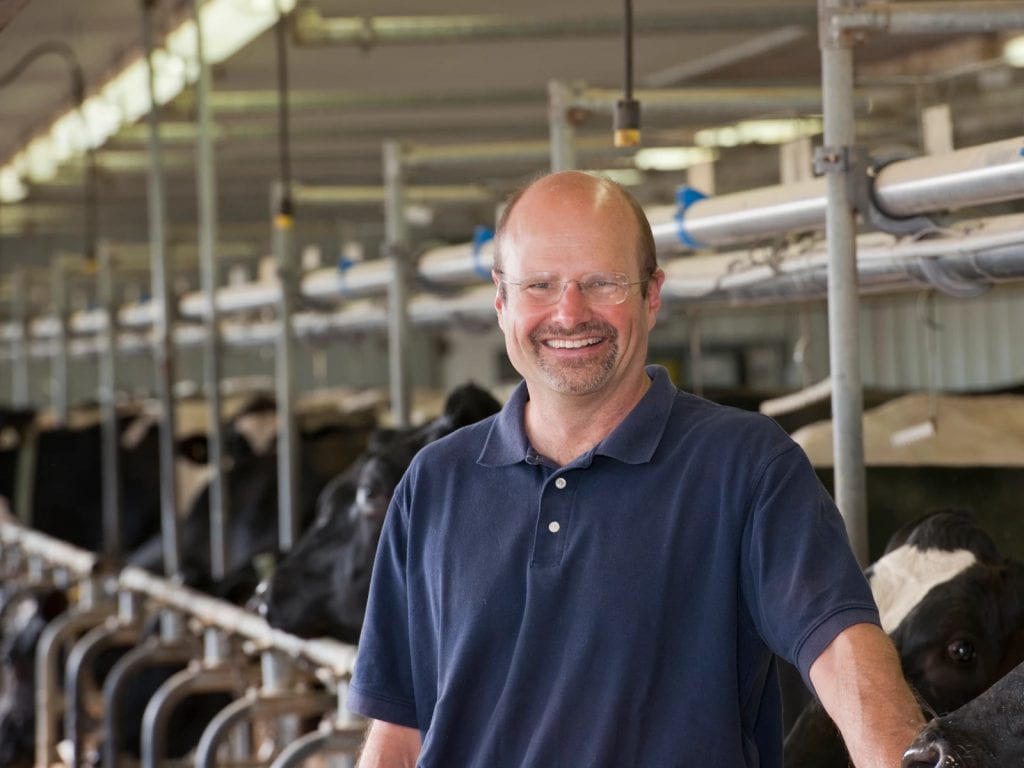
Dr. David Kelton
Veterinary epidemiologist and Dairy Farmers of Ontario Dairy Cattle Health Research Chair in the Department of Population Medicine at OVC. Founding member of Dairy at Guelph and member of Scientific Committee of the Canadian Mastitis Network and Board Member of IDF (International Dairy Federation) Canada. Canadian Representative to, and Chair of, the IDF Standing Committee on Animal Health and Welfare and chairs the Paratuberculosis Working Group. Developed an integrated national database of health and management data to validate and implement approaches to disease testing and surveillance across the Canadian dairy industry. Research interests include: infectious disease control, surveillance, milk quality assessment, large data management, Johne’s disease, Mastitis in animals.

Dr. Gisele Lapointe
NSERC/Dairy Farmers of Ontario Industrial Research Chair in Dairy Microbiology and Professor in the Department of Food Science in OAC. Focused on biotechnology, food microbiology and food applications of microbial molecular genetics, genomics and proteomics, using systems approaches for studying microbial ecology.

Dr. Hung Lee
Professor Emeritus in the School of Environmental Sciences in OAC. Focused on pentose-fermenting yeasts; lignocellulosic biomass conversion, microbial transformation and degradation of environmental pollutants, and monitoring and detection of microorganisms in the environment.

Dr. Scott McEwen
Research explores epidemiology of foodborne and waterborne infections in animal and human populations, including antimicrobial resistance. Professor in the Department of Population Medicine in OVC. Chaired Health Canada’s Advisory Committee on Antimicrobial Resistance Risk Assessment and has consulted for several organizations including the Public Health Agency of Canada, Health Canada, the United States Food and Drug Administration, the Centers for Disease Control, and the World Health Organization. Research interests include: antibiotic resistance, food-borne disease, water-borne disease Campylobacter, E. coli O157:H7, salmonella

Dr. Heather Murphy
Expert in water quality management, Tier 2 Canada Research Chair in One Health, Associate Professor in the Department of Pathobiology at OVC. Research explores how enteric pathogens move through water and the environment with an aim to propose interventions for disease reduction. Held a research fellowship with the Public Health Agency of Canada where she worked to quantify the burden of waterborne disease on the Canadian population. Research interests include: water and health challenges in developed and developing countries, microbial quality of water, public health, surface water quality and recreation, public health impact of septic systems and agricultural activity.

Dr. Jane Parmley
One Health researcher, Associate Professor in the Department of Population Medicine in OVC. Has held positions as a veterinary epidemiologist in government, non-governmental, and university-based organizations. Tackles health problems in antimicrobial resistance and emerging zoonotic diseases. Research interests: One Health, EcoHealth, surveillance, antimicrobial resistance, wildlife health, zoonoses.

Dr. David Pearl
Epidemiologist focused on zoonotic and animal diseases and enhanced disease surveillance. Associate Professor in the Department of Population Medicine in OVC. Research interests: disease surveillance, epidemiology of animal diseases, multi-level modeling, zoonotic disease.

Dr. Zvonimir Poljak
Veterinary epidemiologist and Associate Professor in the Department of Population Medicine in OVC. Expertise in the spread and control of zoonotic influenza viruses in swine. Research employs near real-time data processing, visualization, and interpretation for disease reporting and surveillance that has provided health authorities with timely and accurate data to determine risks to human health. Research interests: spread of infectious diseases in swine, mapping occurrence of PRRS virus genotypes in Ontario, within-area spread of influenza, within-herd spread of respiratory pathogens in growing pigs.
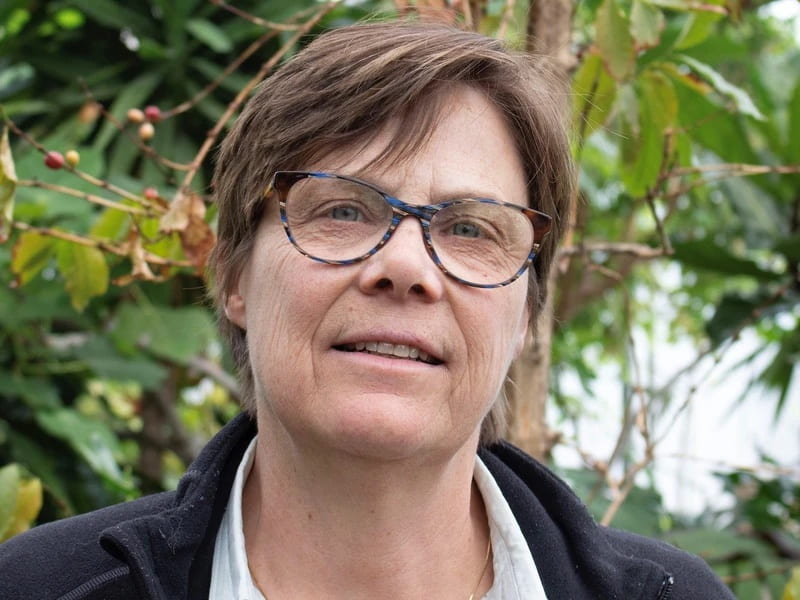
Dr. Jan Sargeant
Expert in zoonotic disease prevention and control, food and water safety, and the role of veterinary medicine in public health and the integration of research into public health decision-making. Professor in the Department of Population Medicine in OVC. Former director and founder of the Centre for Public Health and Zoonoses at the U of G. Fellow of the Canadian Academy of Health Sciences. From 2008 to 2013 held a CIHR/PHAC Applied Public Health Chair in Meeting the Zoonotic Disease Public Health Challenge. Research interests: zoonotic disease prevention and control, systematic reviews and meta-analysis, input of research to public health decision making, epidemiological methods.

Dr. Shayan Sharif
Viral immunologist conducting research on avian influenza viruses and ways to control transmission of these viruses. Professor in Department of Pathobiology and Associate Dean, Research and Graduate Studies in OVC. Leader of the Poultry Health Research Network, which consists of 50 researchers involved in a range of research including food safety, welfare, and zoonotic pathogens. Research interests include: immune response to Marek’s disease virus in chickens, immunology of avian influenza virus infection in chickens, interactions between commensal bacteria in the intestine and chicken immune system.

Dr. Leonardo Susta
Infectious disease researcher, with emphasis on poultry and pet birds. Assistant Professor in the Department of Pathobiology in OVC, previously worked as a postdoctoral research fellow at the Southeast Poultry Research Laboratory in Athens, Georgia. Research interests: disease surveillance, diagnostic methods for avian infectious diseases, avian viruses.

Dr. Keith Warriner
Professor in the Department of Food Science in OAC and past President of the Ontario Food Protection Association. Advanced knowledge in the area of emerging pathogens, intervention technologies and development of biosensor devices to detection of foodborne hazards. Previous awardee of the Agri-Food Innovation of Excellence.
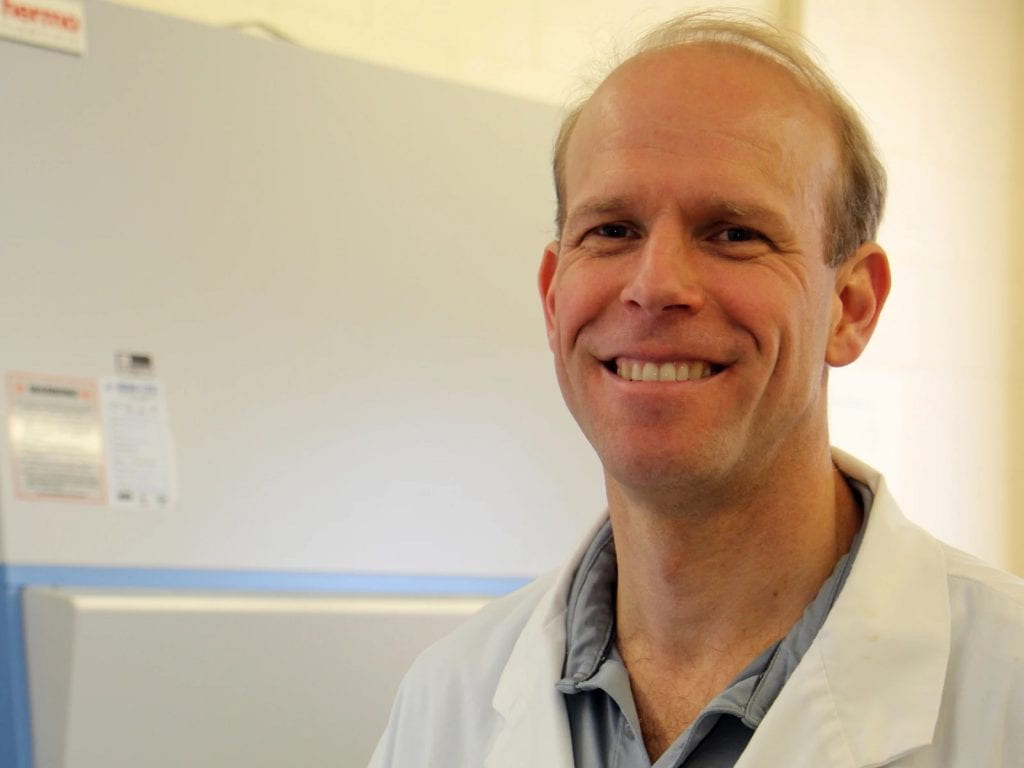
Dr. J Scott Weese
Veterinary internist and microbiologist with OVC’s Department of Pathobiology. Serves as the Director of the Centre for Public Health and Zoonoses (CPHAZ), Chief of Infection Control at the Ontario Veterinary College Health Sciences Centre, is a partner of the National Collaborating Centre for Infectious Diseases and holds a Canada Research Chair in zoonotic diseases. Research interests include: bacterial infections in animals and humans, methicillin-resistant staphylococcal infections, Clostridium difficile, antimicrobial resistance, emerging infectious diseases, infection control.
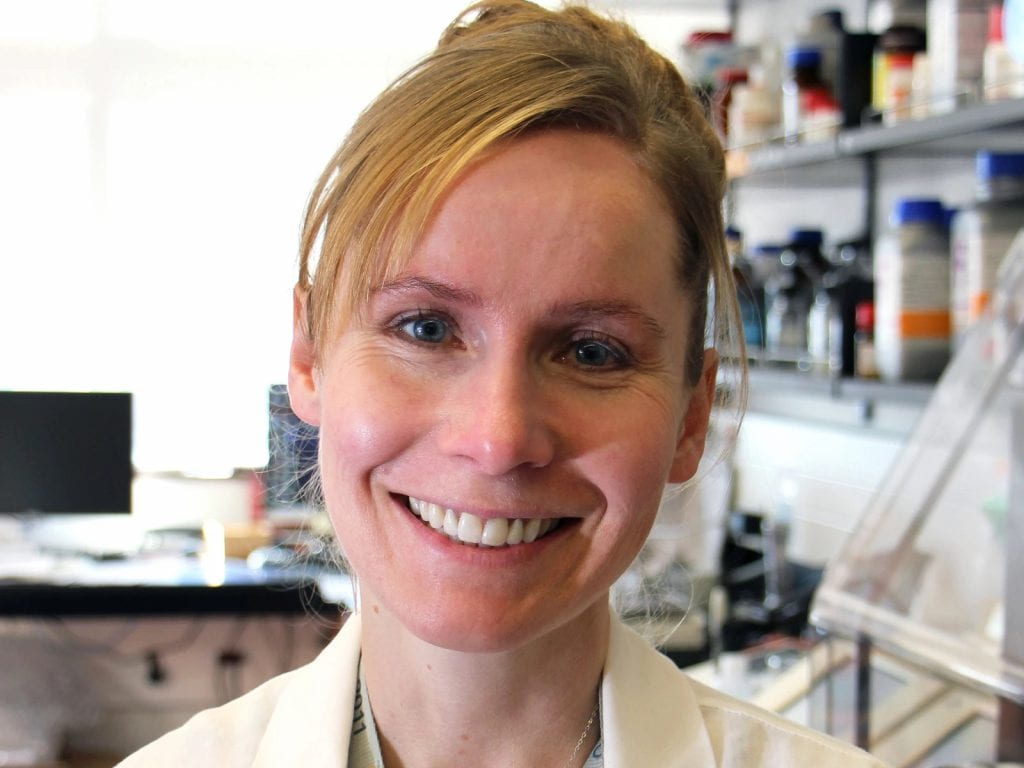
Dr. Sarah Wootton
Virologist with expertise in pandemic relevant pathogens, including Ebola and SARS-CoV-2. Associate Professor in the Department of Pathoobiology in OVC. Research specializations include lung gene therapy, oncolytic virotherapy, and viral vectored vaccines. Completed a post-doctoral fellowship at the Fred Hutchinson Cancer Research Center in Seattle, Washington. Research interests: gene therapy, vectored immunoprophylaxis, oncolytic virotherapy, viral vectored vaccines, viral pathogenesis.



